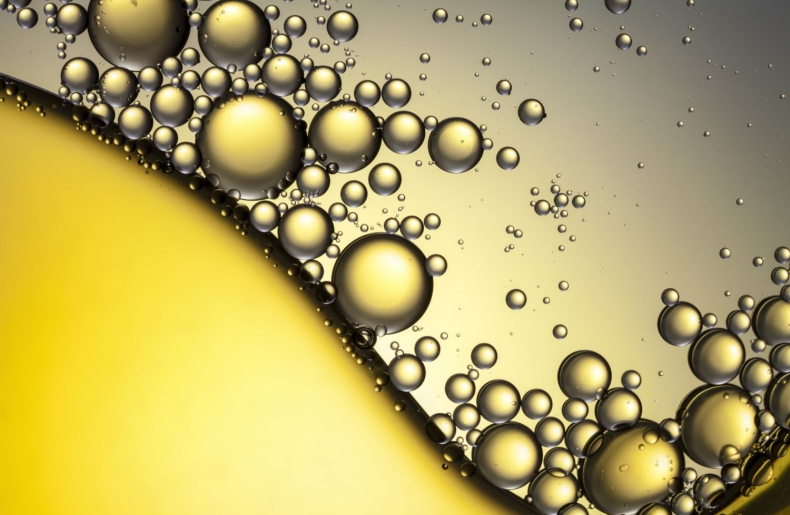Blogs
February 25, 2020Examining the technological, economic & business aspects of Detergent alcohols

Detergent alcohols are long-chain alcohols containing between 12 and 18 carbon atoms produced commercially from both synthetic (mainly olefins) and natural feedstocks (primarily palm kernel oil). These alcohols are typically processed further into cleansing agents used in products such as washing machine liquid, industrial detergent and hair shampoo.
Detergent alcohol producers are influenced by consumer trends and pressure from retailers on their suppliers to reduce the price. For example, one recent trend, which has constrained demand growth in the United States slightly, is consumers opting for washing machine pods over washing machine liquids (as pods use less detergent per wash). Increasing public awareness of sustainability concerns regarding the use of palm oil and hydrocarbon feedstocks has the potential to affect demand in the future.
Nexant’s recently issued TECH report, Detergent Alcohols,examines the technological, economic and business aspects of this industry sector.
Synthetic processes evaluated in this report include the Ziegler Alfol process, conventional oxo-process and the modified oxo-process. Various fatty alcohol technologies licensed by Air Liquide (Lurgi) and JM’s Davy are also evaluated. The process economics of these major synthetic and fatty alcohol processes are estimated and compared. Additional configurations such as the Air Liquide “LP3” process improvement are also examined. Detergent alcohol plants produce large quantities of coproducts, and therefore, the value of these coproducts has a massive impact on overall process economics.
Historical Competitiveness of Synthetic and Fatty Alcohols Processes (USGC)

Commercial and strategic aspects such as upstream and downstream integration, supply chain management, product requirements, regional markets and feedstock advantage are also discussed in this report.
Click here to download the Report Table of Contents
Nexant’s Technoeconomics – Energy & Chemicals (TECH, formerly known as PERP) is globally recognized as the industry standard source of process evaluations of existing, new and emerging technologies to the chemical and energy industries. TECH’s comprehensive studies include detailed technology analyses, process economics, as well as commercial overviews and industry trends.
Find out more:
The Author
Marcos Nogueira Cesar – Global Vice President, Nexant Subscriptions, Nexant



